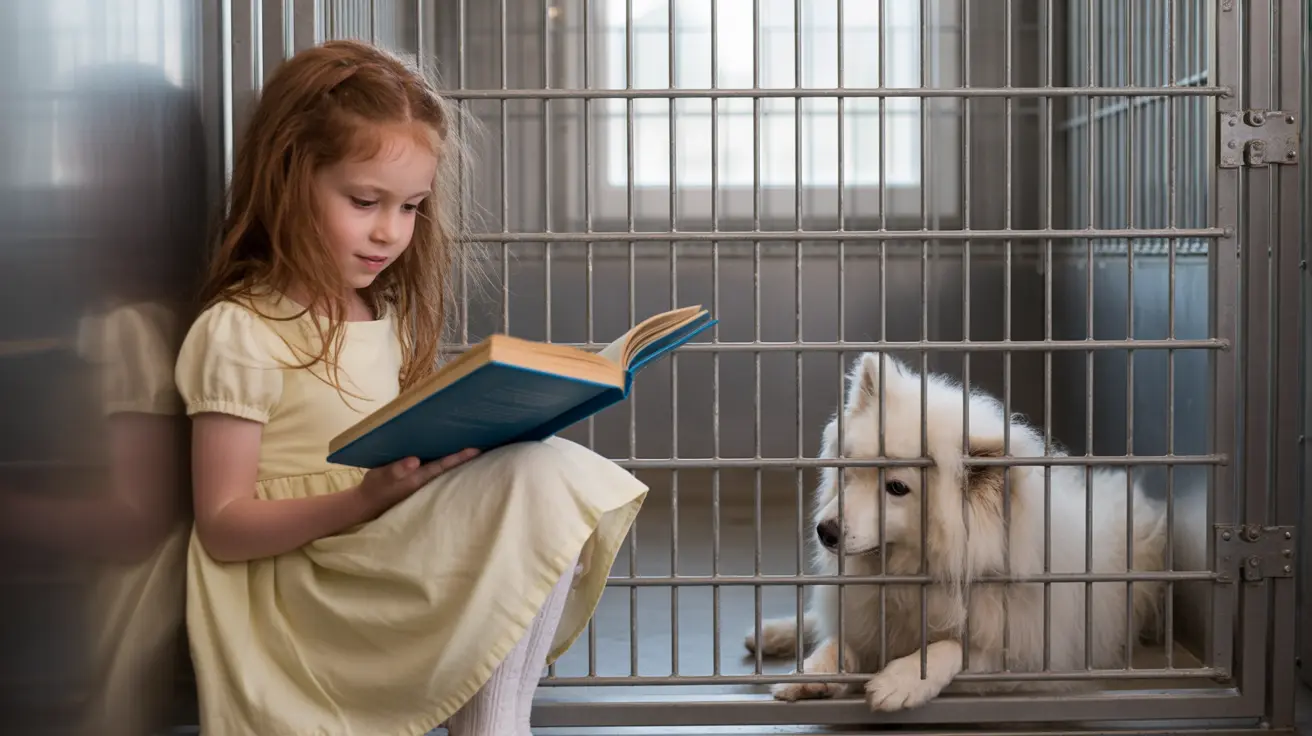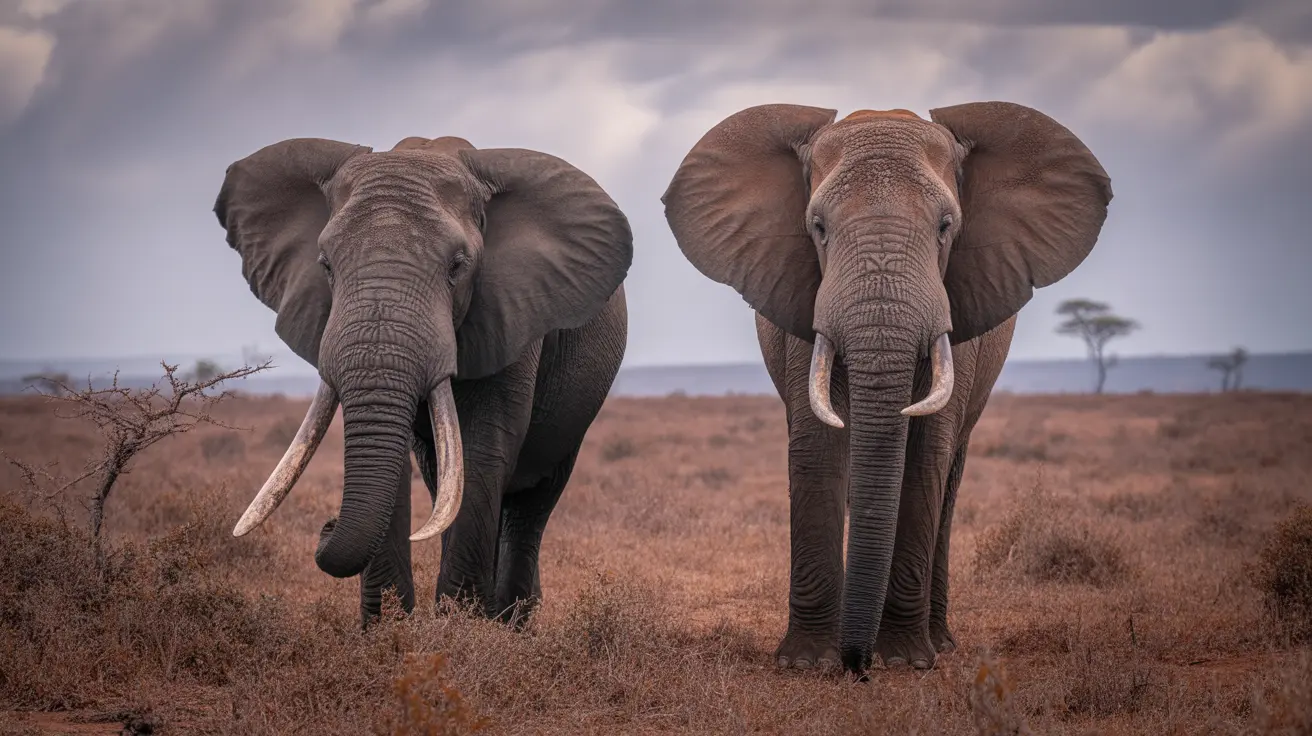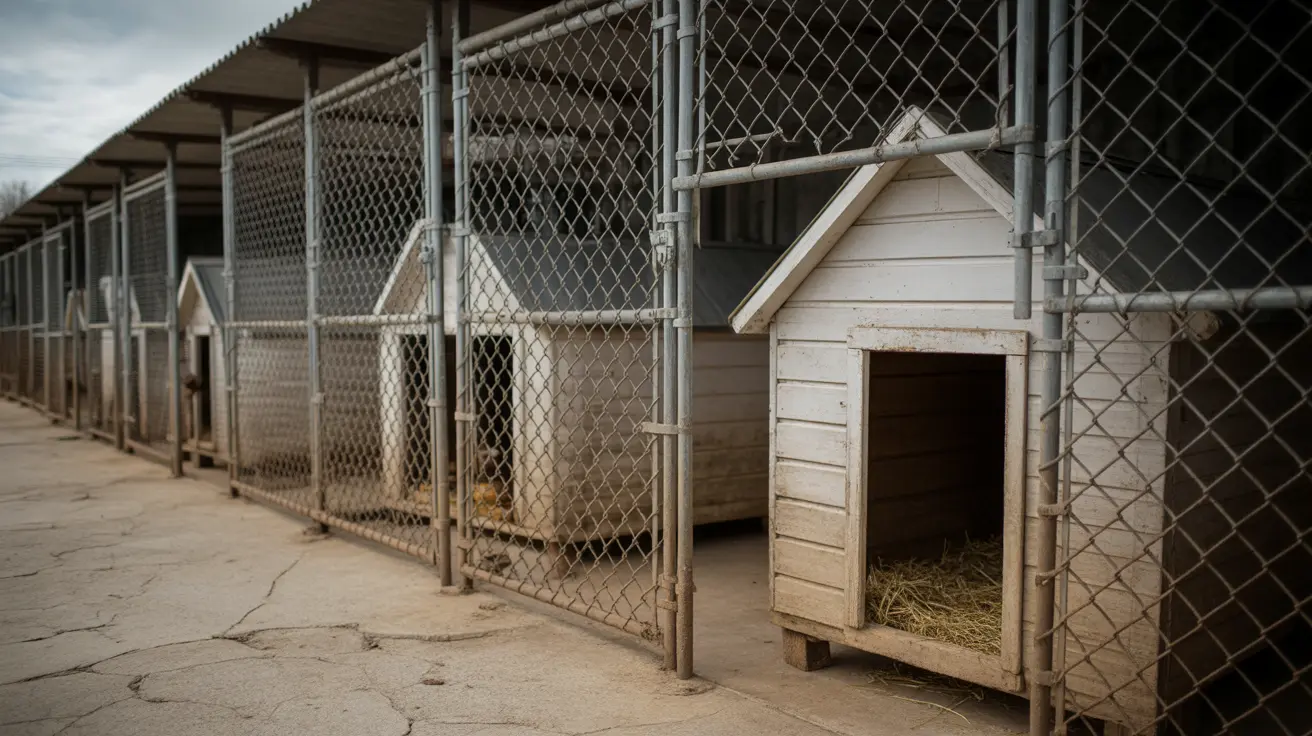Should Cats Drink Whole Milk? The Truth About Feline Nutrition and Dairy
The image of a content cat lapping up a bowl of milk is iconic, but is whole milk actually good for cats to drink? Despite popular belief, most adult cats are lactose intolerant and cannot properly digest the lactose found in milk. This can lead to gastrointestinal issues and disrupt their overall health. This article will explore the facts around feline milk consumption and offer healthier alternatives.
Why Are Cats Attracted to Milk?
Many cats are drawn to the rich taste and high fat content of milk. This appeal, however, doesn't mean it's beneficial or harmless for them.
Lactose Intolerance in Cats
Kittens are born with the ability to digest their mother’s milk thanks to high levels of lactase, the enzyme responsible for lactose digestion. As cats mature and are weaned off milk, their production of lactase typically decreases, often leading to lactose intolerance.
Common symptoms of lactose intolerance in cats include:
- Vomiting
- Diarrhea
- Bloating
- Gas
- Abdominal pain
The severity of symptoms varies depending on the individual cat and the amount of milk consumed.
Is Whole Milk a Healthy Option?
Whole cow’s milk is high in fat and sugar, both of which can contribute to obesity and other health problems. Offering milk regularly can lead to an unbalanced diet and disrupt your cat’s nutritional needs.
Can Cats Tolerate Any Milk?
Some cats may tolerate small quantities of milk without immediate symptoms. However, even those that appear unaffected can experience digestive issues over time. Therefore, milk should only be given as an occasional treat, not a dietary staple.
How Much Milk Is Safe?
For cats that don't show signs of intolerance, you can offer:
- One tablespoon of milk once or twice a week
But always remember, water and a balanced cat food diet should be the primary source of your cat's hydration and nutrition.
Risks of Plant-Based and Other Animal Milks
Non-dairy milk such as almond, soy, oat, and coconut milk are not suitable either. These often contain harmful ingredients like sugars, thickeners, and oils that can lead to:
- Digestive upset
- Vomiting
- Allergic reactions
Goat's milk contains less lactose than cow’s milk, but it still poses similar risks for most cats. Use of these alternatives should be extremely limited.
What About Kittens?
Kittens should only have their mother's milk or specially formulated commercial milk replacers. Cow’s milk, goat’s milk, or plant-based milk do not supply the essential nutrients kittens need and can cause digestive distress.
Healthier Alternatives to Milk
If you want to treat your cat with milk-like options, consider the following:
- Lactose-free cat milk — specially formulated for feline digestion
- Milk supplements — tailored to cats’ nutritional needs
Always use these products moderately and with your veterinarian's guidance.
Better Ways to Keep Your Cat Hydrated
- Provide fresh, clean water at all times
- Place multiple water bowls around the home
- Use cat water fountains to encourage drinking
- Mix water into wet food
Clean water is the most effective and healthiest beverage for every cat, regardless of age or health condition.
Meeting Your Cat's Nutritional Needs
Cats require diets rich in protein, fats, and essential vitamins. These nutrients are best provided through high-quality commercial cat foods. There is no nutritional requirement for adult cats to consume milk or dairy. Rely on complete and balanced diets to support:
- Bone health
- Organ function
- Overall vitality
Conclusion: Milk and Your Cat — Proceed With Caution
Although many cats crave milk, giving them whole cow’s milk can lead to digestive issues due to lactose intolerance. Offer milk only as an occasional treat and always ensure that clean water is the staple of your cat’s hydration plan. When in doubt, consult your veterinarian. Sticking to species-appropriate diets is the best way to ensure your feline friend stays happy and healthy.





